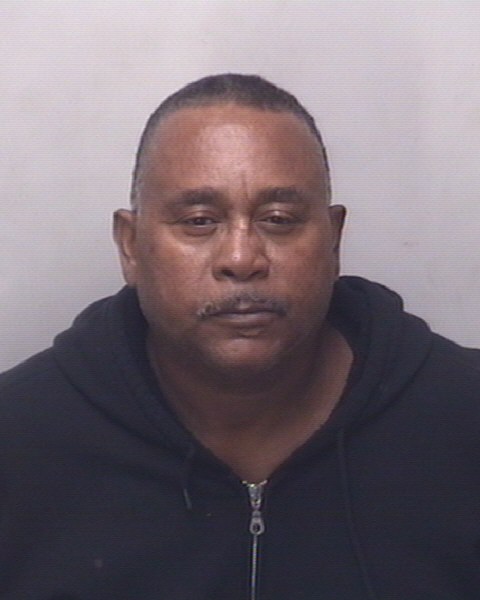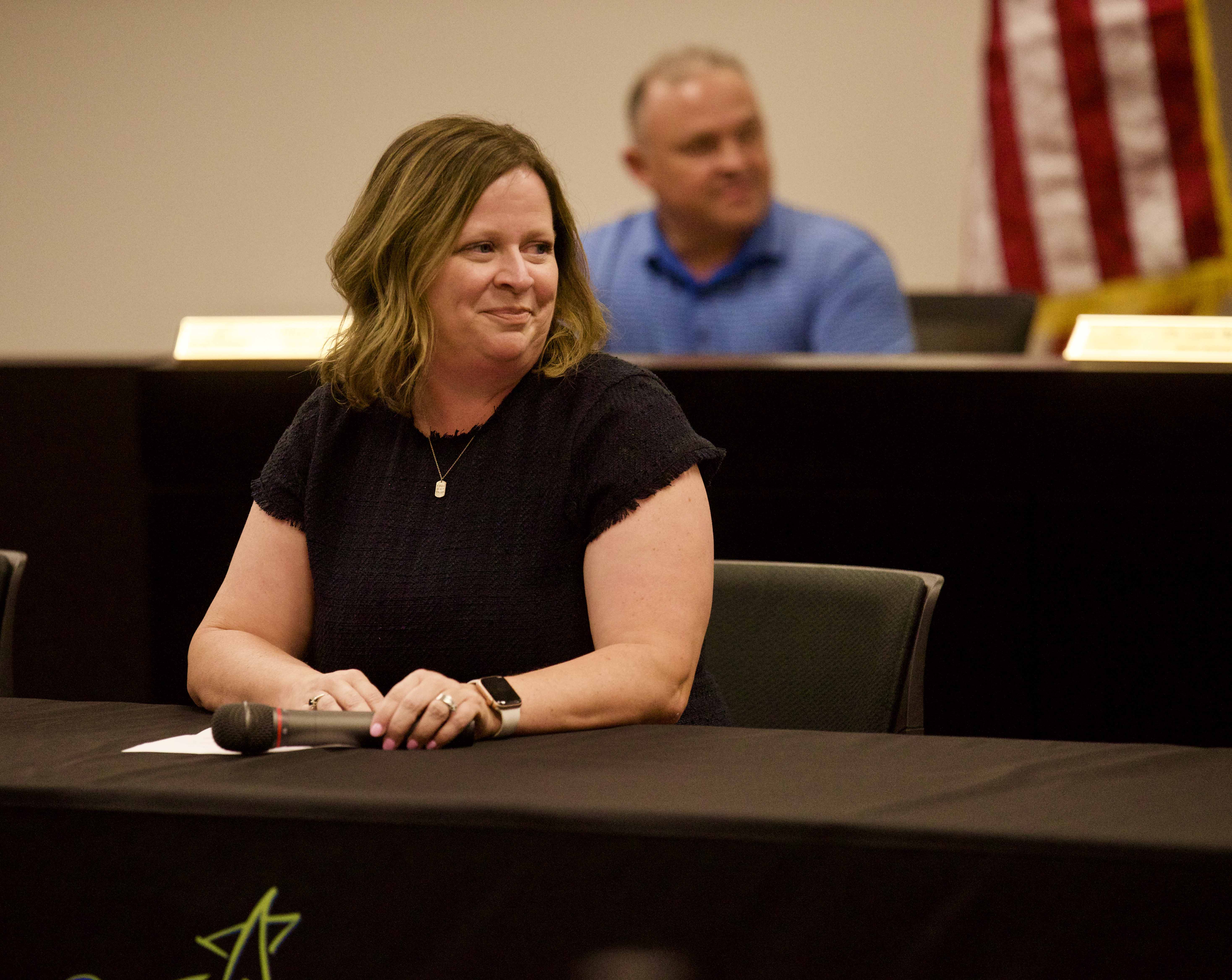Salisbury City Council cans consideration of public comment changes
Published 12:05 am Wednesday, March 8, 2017
By Josh Bergeron
josh.bergeron@salisburypost.com
SALISBURY — When the City Council couldn’t find a consensus Tuesday, members decided not to proceed with proposed changes to the public comment period during their meetings.
The council’s decision came after a lengthy debate on the issue. Two weeks ago, the council discussed the most recently proposed round of public comment changes for the first time. Roughly one year ago, the council made changes that resulted in the current rules.
Councilman David Post and Mayor Pro Tem Maggie Blackwell on Tuesday expressed support for leaving public comment rules as is. Mayor Karen Alexander didn’t pick a specific option, but she initially presented the proposed rule changes two weeks ago. Councilman Brian Miller also didn’t say which option he likes best, but he said a time limit for public comments would be reasonable.
Councilman Kenny Hardin was absent from Tuesday’s meeting. He has previously expressed opposition to making changes.
After more than 30 minutes of discussion among council members, Miller made a statement that effectively killed consideration of the rule changes. No formal vote was taken.
“I get the sense that there’s not enough support for a change, so let’s just move on,” he said.
The council asked city staff to prepare a sign-up form for people who wish to speak the meetings, but that didn’t require a vote.
A few options for rule changes had been proposed. On Feb. 21, a proposal included a one-hour time limit, moving comments to the end of the meeting instead of at 6 p.m., and requiring people to sign up before the meeting.
On Tuesday, one option included a 30-minute comment period at the start of meetings. The council would hold a second comment period at the end of meetings if more than 30 minutes was needed.
A second option presented would have set public comment periods at the end of meetings.
Post delivered an impassioned speech to start off discussion on Tuesday. Post said there doesn’t seem to be anything wrong with the way the council currently hears public comments. He counted only two instances in the previous year when comments have lasted longer than an hour.
“I’ll sit here an hour twice a year,” he said. “I’ll sit here three hours twice a year. I’ll sit here all night twice a year if that’s what it takes, if the public is that upset that they’re willing to take their time to come. … I think the biggest problem we have with public comment is that we sit here like penguins and we don’t respond back.”
It might be beneficial for the City Council to address questions asked during public comments, he said.
“Why do we have to be here?” Post asked the other council members. “We don’t even have to be here if we’re not going to respond to it. I mean, we could go take a break, and they could come comment, and when they’re finished talking we could come back. What difference does it make other than the fact that we hear it and we can think about it?”
Post said he has received calls from residents who recommended putting the city’s agenda items first and moving comments to the end. In that instance, Post said, people may end up waiting to speak for an undetermined length of time.
Blackwell said it would be rude to make people wait until the end of the meeting. She recommended that the council be intentional with its agenda to ensure people attending the meeting for a matter being considered by the council wouldn’t have to wait.
Miller and Post engaged in a debate at a few different points during the meeting. They seemed to agree, however, about the most significant problem with the council’s comment period — that members don’t respond to questions or comments.
Miller said it’s not necessary for people to sign up before the council meeting.
Limiting public comments to an hour, however, would be OK, he said. If public comments run longer than an hour, the council could always vote to extend the period.
“The intent is not to squelch public comment,” he said.
Miller was the recipient of some audible groans of disapproval when he said some of the public’s opposition to proposed rule changes could be attributed to the fact that 2017 is an election year for the council.
During Tuesday’s meeting, several members of the public spoke against the changes. No one spoke in favor of proposed changes.
Salisbury resident Al Heggins said people are at the top of city government’s organizational chart. Whitney Peckman, also a Salisbury resident, said comment periods are effectively the only public venue where people can express opinions about local issues.
Carolyn Logan, an East Spencer resident and Salisbury property owner, said if the council made changes to comment periods, “working people” might be unable to speak.
Post said it might be best to wait until after the 2017 City Council election to make any changes.
Contact reporter Josh Bergeron at 704-797-4246.





